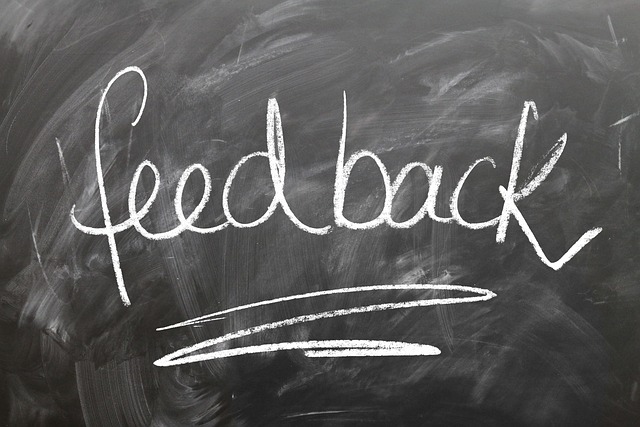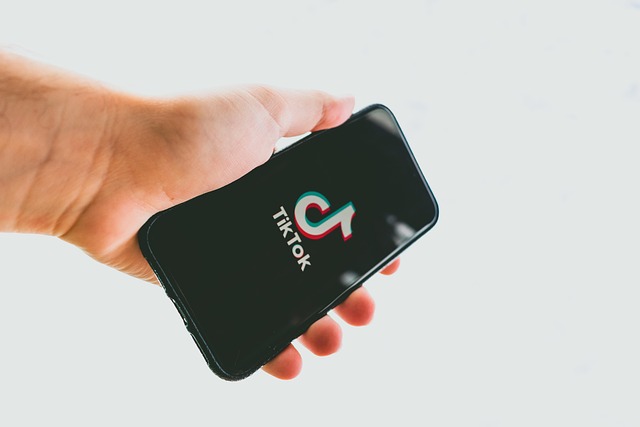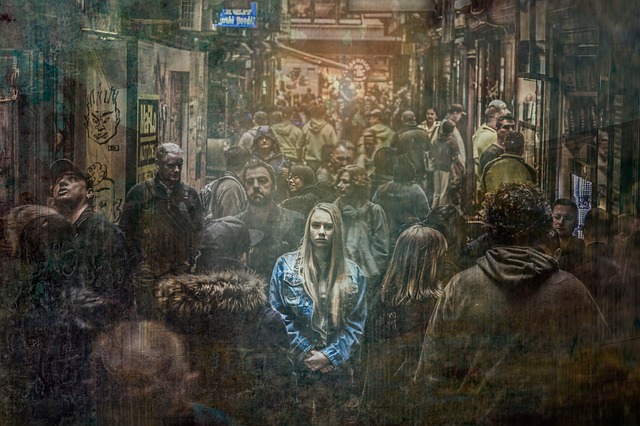In today’s fast-paced world, digital connection confirmation has become an essential part of how we engage with one another. The rise of social media platforms has revolutionized the way we maintain relationships, share experiences, and communicate. Gone are the days when a simple phone call or handwritten letter sufficed; now, a message sent through a social media app is often our preferred method of connection.
Social media offers us the convenience of staying in touch with friends and family, regardless of geographical distances. With a few clicks, we can confirm our relationships and keep our loved ones updated about our lives. This digital thread weaves us together, allowing us to experience each other’s milestones, joys, and sorrows in real time. Yet, while the benefits of instant communication are undeniable, so too are the complexities that come with it.
One of the most significant impacts of social media is the way it shapes our perceptions of connection. In many cases, a simple like” or comment can serve as a form of confirmation that we see and appreciate others’ contributions. However, this can lead to a distorted sense of intimacy. Are we genuinely connecting, or are we merely skimming the surface of relationships? Social media thrives on brevity, often reducing meaningful conversations to a few curated posts or updates.
Moreover, the phenomenon of digital connection confirmation can create feelings of inadequacy or isolation. As we scroll through curated feeds filled with seemingly perfect moments, it’s easy to fall into the trap of comparison. We may find ourselves questioning the authenticity of our connections or feeling left out of experiences we see others enjoying. The pressure to present our lives in a flattering light can further exacerbate a sense of disconnect, highlighting the irony that while we’re more “connected” than ever, we may feel lonelier.
However, social media also has its positive aspects. It provides platforms for marginalized voices, fosters online communities, and enables support systems that transcend physical boundaries. With a simple digital connection confirmation, individuals can join groups that resonate with their experiences, finding solace and understanding in a world that often feels isolating. This ability to connect over shared interests or challenges can be empowering and transformative, turning strangers into friends and advocates.
The key lies in how we approach our digital relationships. Are we engaging in meaningful dialogues, or are we simply ticking boxes on our social media checklists? To cultivate genuine connections, we must strive for authenticity. Taking time to interact beyond likes and shares, reaching out with thoughtful messages, or participating in face-to-face meetups can strengthen our ties and turn fleeting online interactions into lasting relationships.
As we navigate the complexities of social media’s impact on our lives, it’s essential to stay mindful of how we define our connections. The digital age offers incredible opportunities to connect, but it also comes with challenges that require us to be intentional in our interactions. Ultimately, the richness of our relationships depends on our willingness to engage fully, both online and offline, fostering a sense of belonging in an ever-changing digital landscape.




